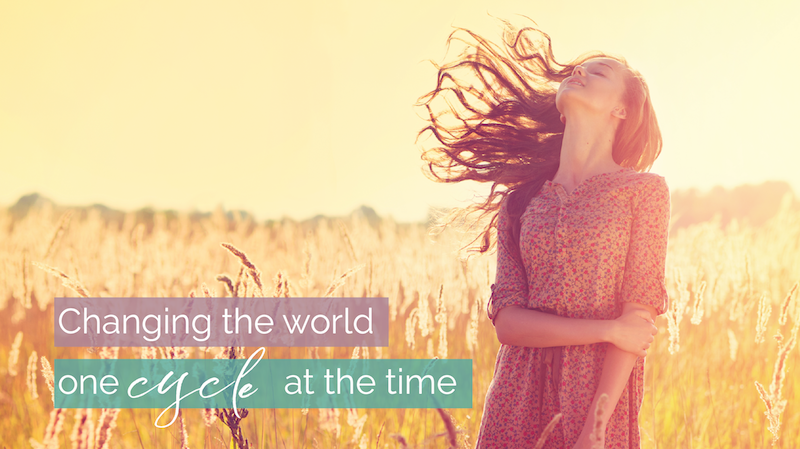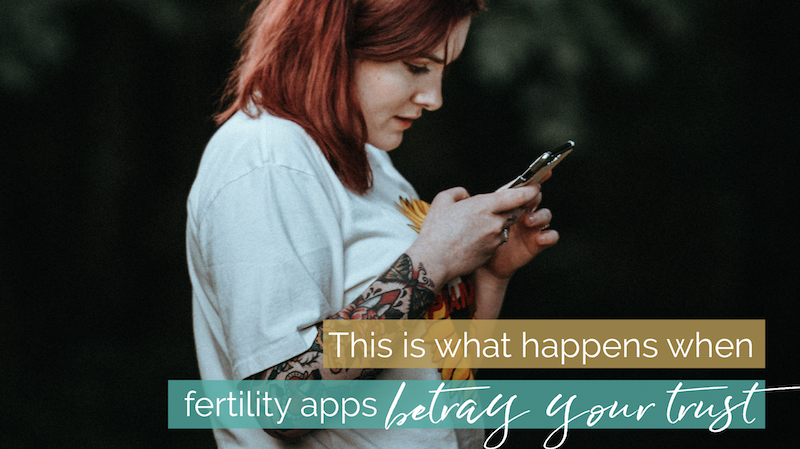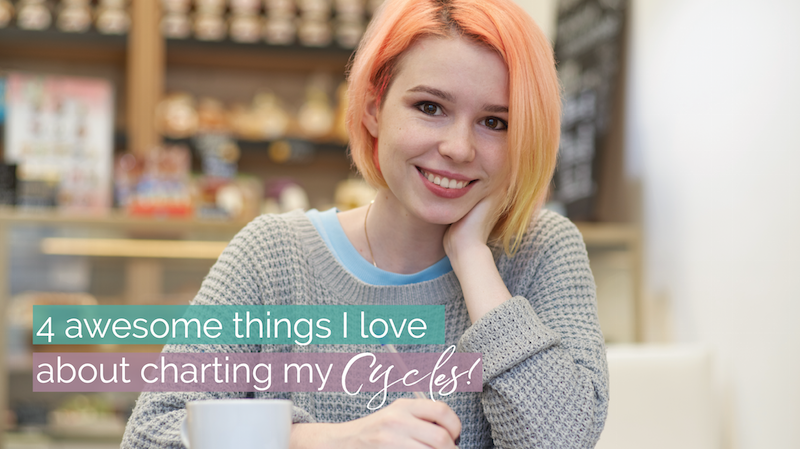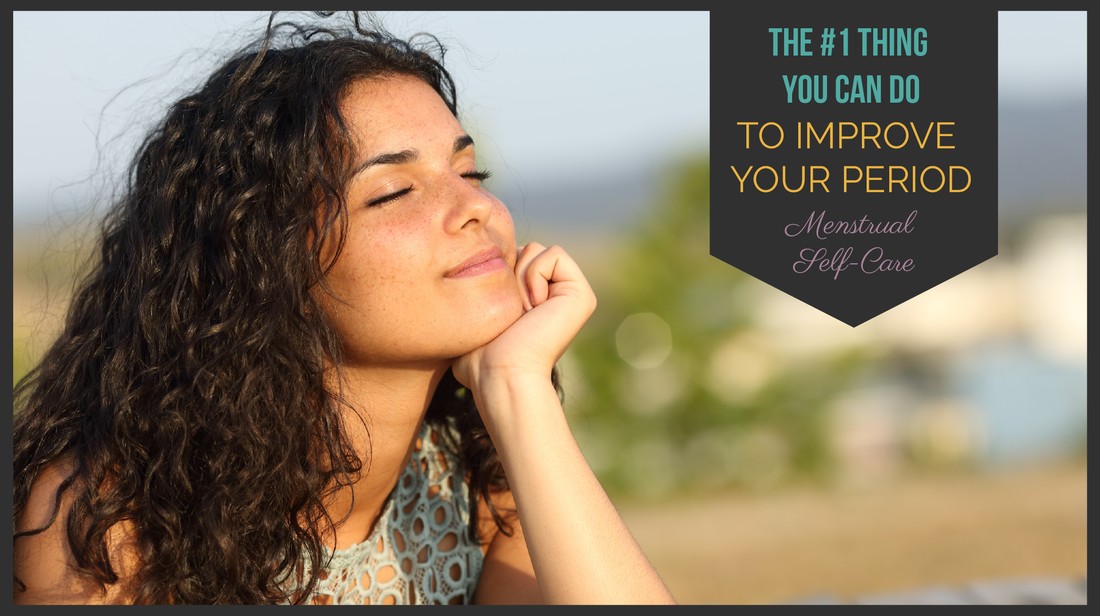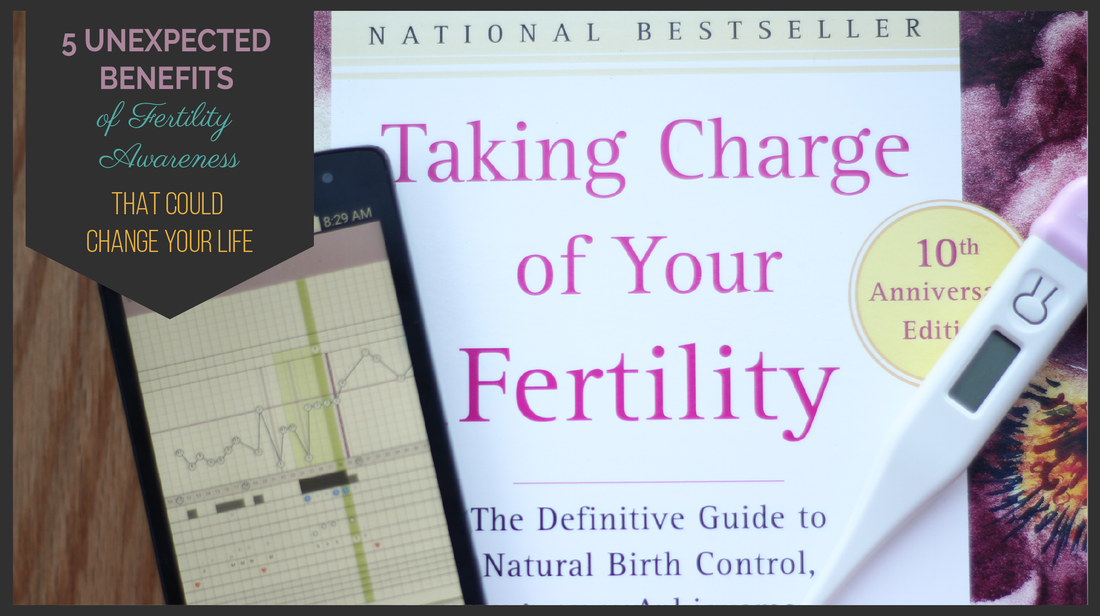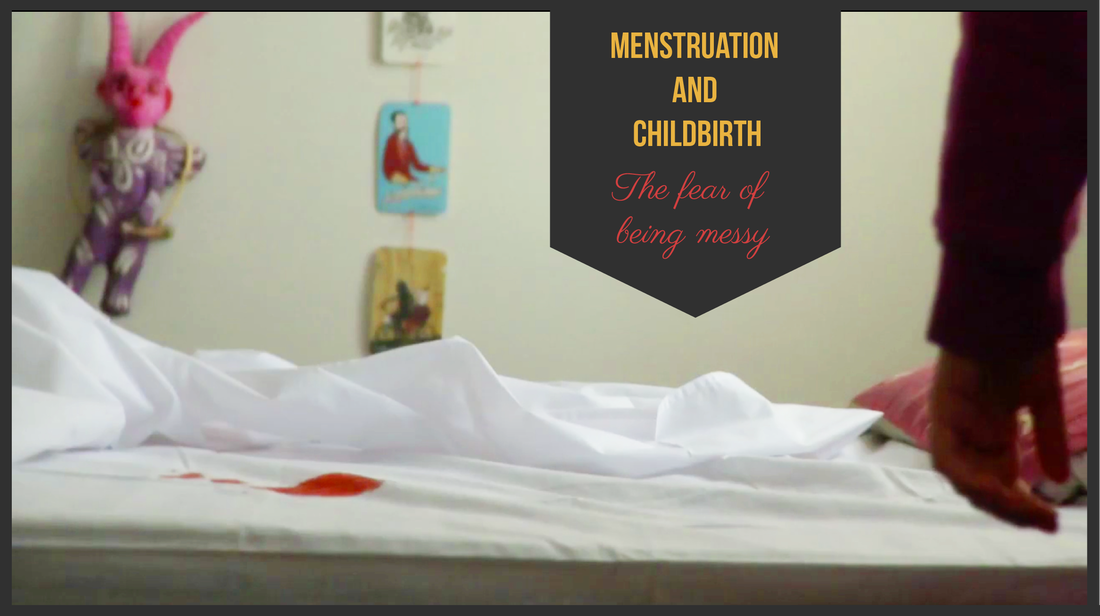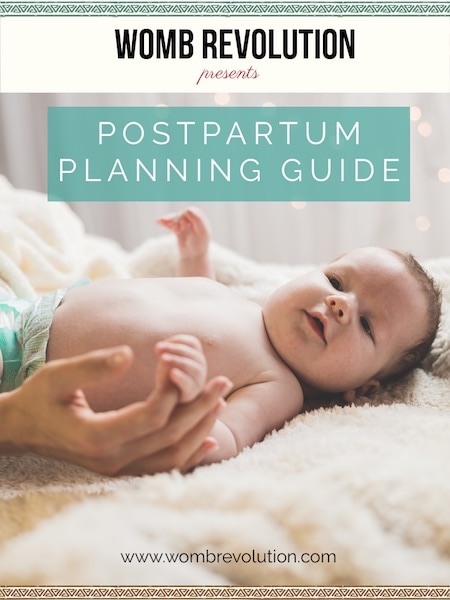It’s crucial to have support in our communities, especially surrounding traditionally taboo topics like menstruation, birth control, and sex. In my personal experience and in the stories of the people I have served, we are up against coercion, dismissing of pain, and misinformation. It’s critical that we know our rights, that we know how our bodies work, and that we have the information to make us experts on our own bodies. Everyone is entitled to this.
|
When I introduce myself to people, the question I hear most often is “What’s a birth control doula?” The word doula was used in ancient Greece to mean “servant woman.” The current definition has a closer meaning to “a person who serves women.” Birth control doula is a term coined by Emily Varnam (co-founder of The Fifth Vital Sign). A birth control doula provides emotional and educational support for people as they choose or transition between birth control options. It’s crucial to have support in our communities, especially surrounding traditionally taboo topics like menstruation, birth control, and sex. In my personal experience and in the stories of the people I have served, we are up against coercion, dismissing of pain, and misinformation. It’s critical that we know our rights, that we know how our bodies work, and that we have the information to make us experts on our own bodies. Everyone is entitled to this. “It’s critical that we know our rights, that we know how our bodies work, and that we have the information to make us experts on our own bodies. Everyone is entitled to this.”
1 Comment
THERE IS A NEED FOR ALTERNATIVE CONTRACEPTIVE METHODS This is an exciting time to be a menstruator. Many people are choosing to leave behind hormonal birth control and follow a fertility awareness based method instead. There are dozens of new companies popping up to fill a need for natural contraceptives and as a result, new opportunities have arisen for people to take control over their own fertility without medical intervention. But as Spider Man’s Uncle Ben so aptly reminds us “with great power comes great responsibility.” After all, the stakes are pretty high when we are talking about someone’s ability and desire regarding reproduction.
-By Michele Drake I have spent the last few years passionately listening to women talk about their health, and a few trends have become apparent. One of the most startling, but also most common, stories I hear is about people being invalidated by their doctors or healthcare providers (see my blog post about informed consent). This is infuriating for many reasons, but mostly because no one knows your body better than you. You should be your #1 resource in your own healthcare. For me, this means being observant and curious about my own body.
The symptothermal method is a Fertility Awareness Method which requires tracking cycle days, basal body temperature (BBT), and cervical fluid observations. When you learn to observe and record these fertility signs, you will be able to clearly see how long your cycles are, if and when you ovulate, and determine whether or not you are fertile. To clarify, fertility is a measure of health- whether or not you are trying to conceive. Healthy bodies are fertile bodies, so even if you choose not to reproduce, you should still be working toward a healthy, ovulating body.
Below are my top 4 reasons for charting menstrual cycles (and none of them are for conception or contraception). COMMON DOESN’T EQUAL NORMAL Since I started learning more about menstrual health and participating in women’s circles where people open up about their lives, I have realized how much of a problem menstrual cramps are for many women. Most women tend to think of this pain as an annoying, yet normal occurrence. Some women will have cramps so bad that they can’t leave bed, and when they approach the medical establishment, many will be put on birth control and treated like the problem is all on their head.
There is a lot of advice on the Internet about this subject. A quick search on “how to make my cramps go away” will come up with tons of solutions that vary from holistic solutions like hormone balancing diets, hot baths, essential oils, acupuncture and orgasms to more mainstream remedies like drugs and birth control pills. A while ago I wrote a guest blog post for Bebo Mia about vaginal steams and dance movements that can help prevent and lessen cramps. The other day I was showing my menstrual cup collection to some friends who were interested in learning about them and we ended up on the topic of cervixes. I don’t even know how, but I found myself pulling out one of my books and looking for a picture of a cervix at two different stages of the menstrual cycle. One of my friends got a little grossed out at the images and confessed never feeling comfortable about bodily things. “Have you always been so open and comfortable with these subjects?” she asked.
I was eleven when I first got my period. My mom had talked to me about it in a very factual manner and I think we also heard about it in school, so it wasn’t a surprise. I had been anticipating it for a while. Although I knew it was generally discouraged to talk about it, I told a few of my best friends I had “gotten it.” How could I help it? I was just so excited about growing up. I was terribly disappointed when I found out a year or so later that my best friend started menstruating around the same time than me, but had not told me anything. When I asked, hurt and offended, why she kept it secret even after I told her about my period, she explained that her mom instructed her to NEVER, NEVER talk about it with anyone or leave any trace of evidence that would let anyone know that she was bleeding. And even though I don’t remember feeling any shame about menstruating before, I felt very ashamed in that moment. Over the years I have talked to a lot of people whose first experiences with menstruation were negative and even traumatic. Many of them didn’t even know anything about menstruation before they got it. One of my friends told me she was punished when she started bleeding. She was called gross and messy. |
AuthorMarissa Rivera Bolaños is a doula and visual artist with a passion to create change around the way our culture approaches women's health. Archives
February 2024
Categories
All
|
